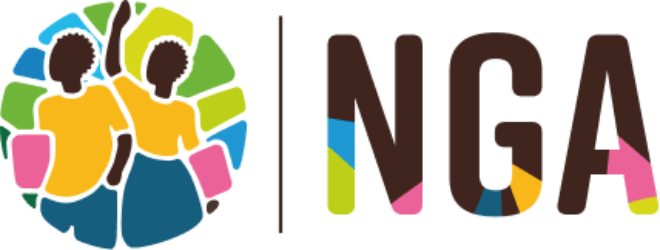
Our solutions for increasing people's access to education
Our passion for education and finding new ways to make it accessible to all is reflected in our Xulendo projects: Our offline Xulendo Digital Libraries provide access to digital education, even for the blind spots on the internet map. Our Xulendo textbooks provide access to licence-free educational materials - adapted to the Malawian curriculum and the needs of schools. On this page you can learn more about the projects and their background.
By the way: "Xul" is a typical abbreviation for school in Malawi and "Ulendo" means journey or way.
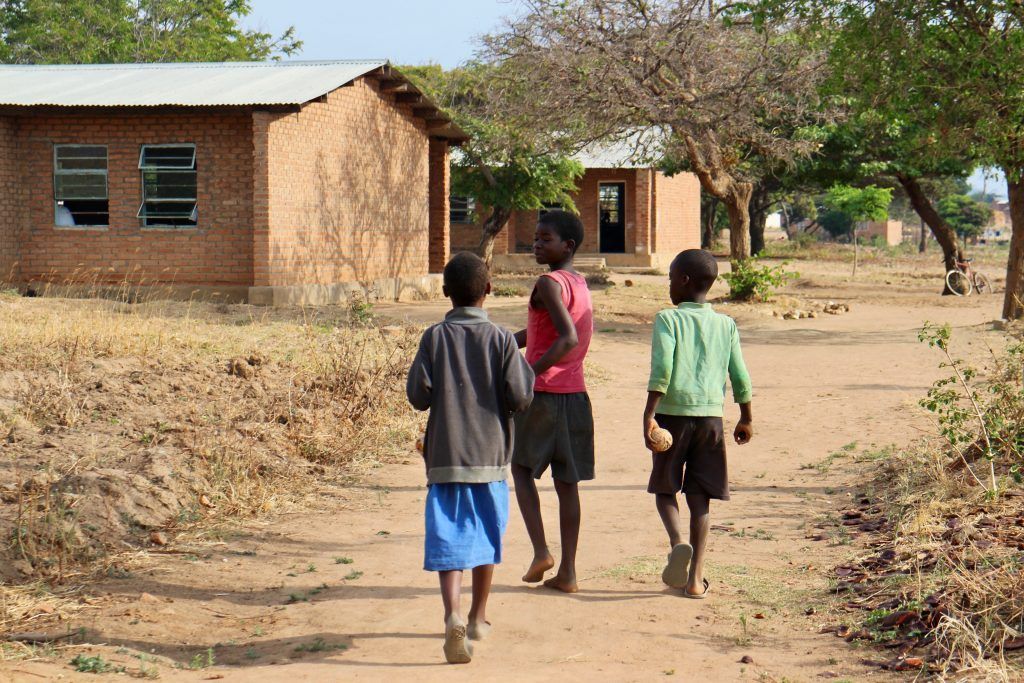
The need
Shortage of educational materials
At many schools in rural Africa, there is a fundamental lack of educational materials.
The need
Teaching with 'Talk and Chalk'
Experiments or tests can only be explained at a theoretical level, knowledge is conveyed abstractly. For a long time, Mrs. Kanyika, a geography teacher at Chaminde School, relied on 'talk and chalk' - the blackboard and teacher's monologue - for her lessons. Vivid lessons look different.
The urgently needed access to education, which could support countries like Malawi with regards to development, is falling behind. The same is true in many other African countries. We are convinced that education is the key to the successful development of a nation and that it is the youth of today that will drive the development of tomorrow.
That's why solutions are needed that provide educational materials simply, effectively and affordably. We have developed such solutions.
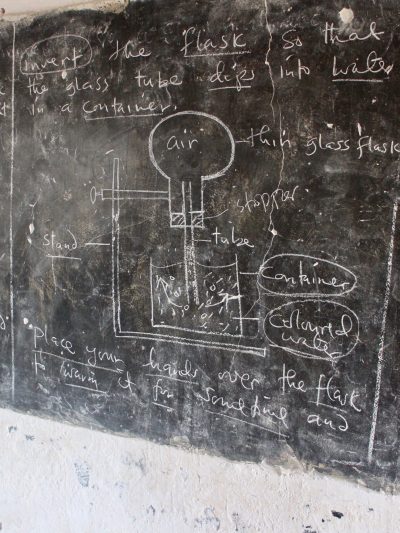
Xulendo Digital Library
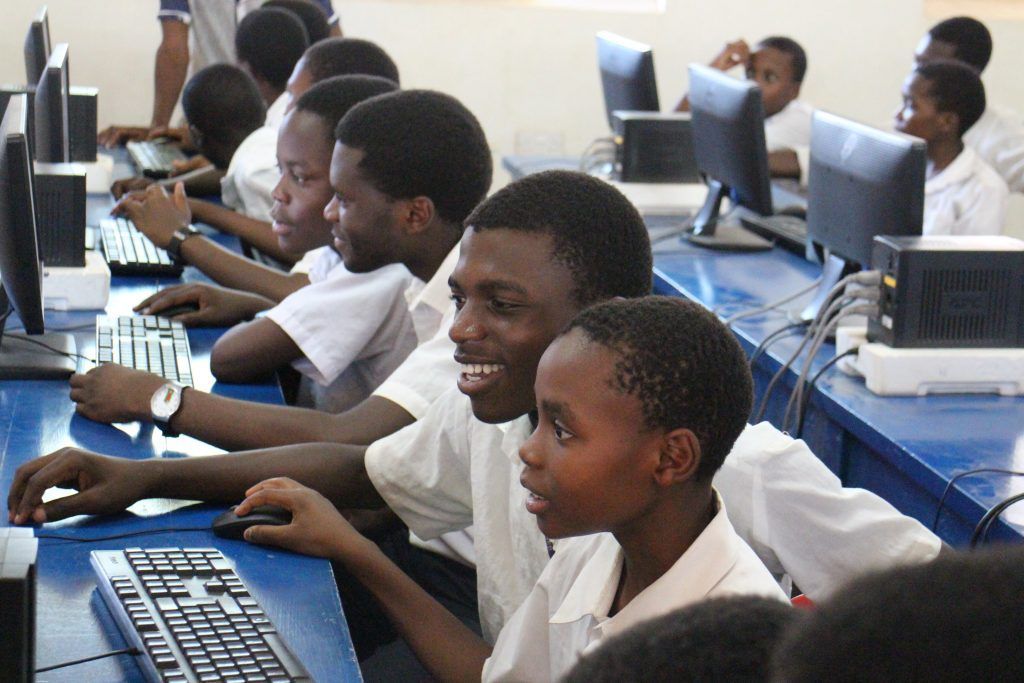
Easy offline access to curriculum-relevant educational materials
Our solution is simple: a robust miniserver that does not rely on the internet. Because it is already equipped with everything that is to be taught in the respective curricula. License-free, free of charge and offline. From Wikipedia to graphic representations or applications that make experiments comprehensible. Local school textbooks are also available. Together with our local partners, we put educational opportunities directly into the hands of local schools. Teachers get up-to-date teaching materials at their fingertips, pupils access the material during lessons or in the afternoon in computer or library rooms. They can better prepare for exams, lessons are more motivating, independent revision of the material becomes possible. With the Xulendo Digital Library, we are thus able to make education digital quickly and sustainably.
Technology alone does not improve teaching!
Technology
The Xulendo Digital Library Server is the technical core of the project. It is a small mini- or laptop-server on which the educational content is stored and made available via a local network. In this way, pupils and teachers can easily access the educational materials using their own devices, such as mobile phones In the classroom, a whole class can easily work with the Xulendo Digital Library. The Xulendo Digital Libraries are now also used for adult education. At regular times in the afternoons, residents of neighbouring villages also take part in further education. In general, the operation of a Xulendo Digital Library mainly requires terminals, but - where available - centralised use, for example with beamers, is also very popular.
Workshops
The Xulendo Digital Library is to be understood as a tool for teaching and therefore does not go hand in hand with a new technology-centric pedagogical concept. The human being remains the most important mediator of knowledge. Therefore, teachers are familiarized with technology in intensive workshops, learn how to use computers and how to use them in the classroom. Our workshops consist of a total of eight modules. One crucial component also involves general training on digital literacy skills, helping students to navigate safely through the internet. After the teachers have been trained, the training sessions for the students follow. These are carried out by teachers themselves on site.
Social integration and Sustainability
A key objective of our approach is to jointly run projects with local partners and to promote effective and autonomous use of the technology. Thus, the project should be rooted locally, according to the concept of 'social embeddedness'. To achieve this, we always orient our work according to the specific needs and requirements of the people involved. Together with the local partners, accompanying social integration measures are then determined. These included planning workshops, clarifying local staff responsibilities, as well as regular activities with the community and meetings with the traditional authorities of the region to anchor the project in the community. All this is central to the sustainable impact of the project.

Xulendo textbooks: Free Malawian textbooks
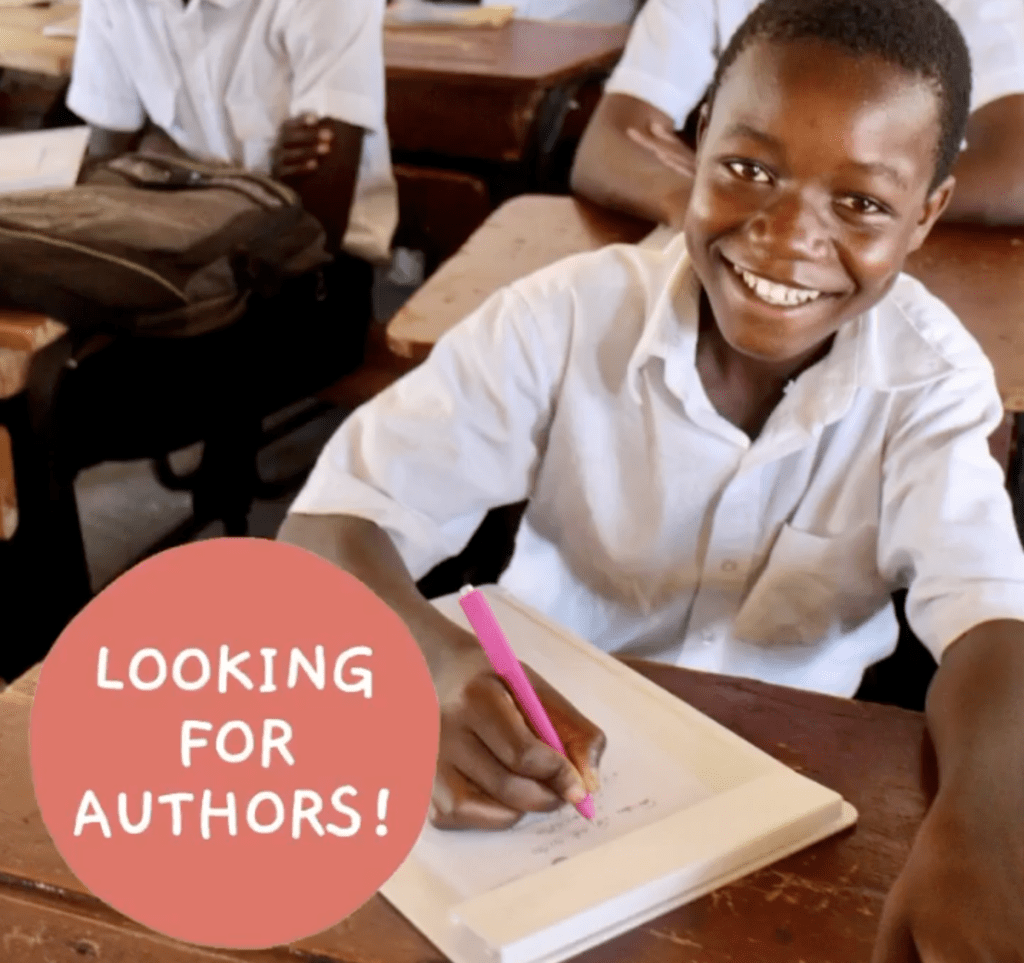
Working with authors from Malawi and South Africa, we create textbooks, the Xulendo textbooks, that present the topics of the Malawian curriculum in a modern and engaging way. These books are made freely available across the country and are also distributed via WhatsApp. In areas without internet, they're offered through our offline Xulendo Digital Library and can be printed. This makes them fundamentally different from typical publishers' books, which are only available in print and cannot be digitally shared. Our Xulendo textbooks aim to aid education throughout Malawi.
Evaluation
We are committed to impact and sustainability
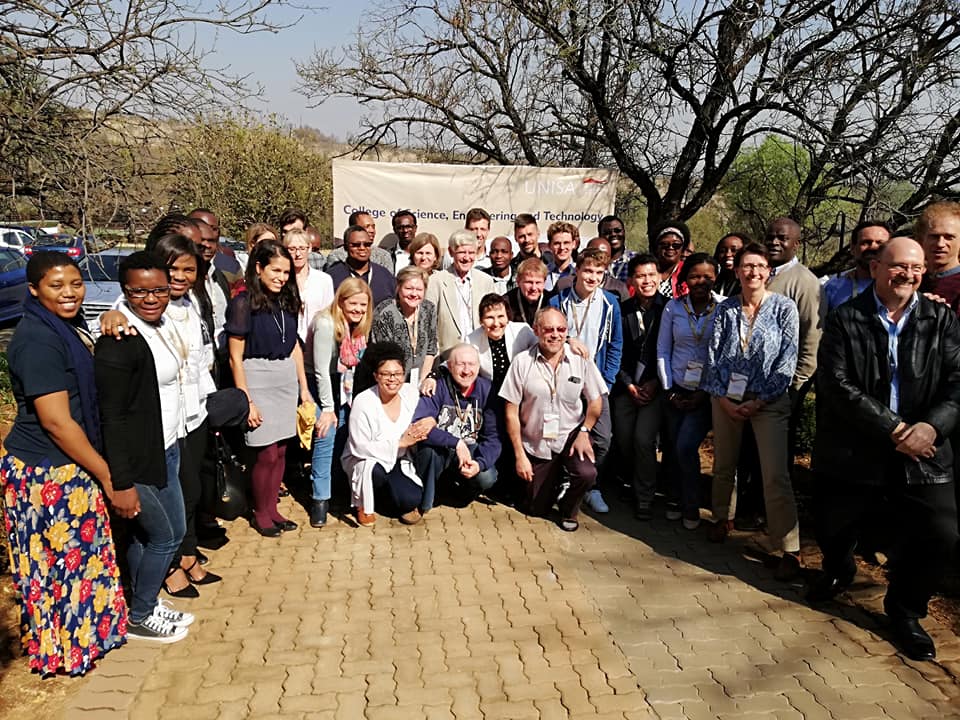
Evaluation and Impact
We want to continuously improve our approaches in order to be able to help more effectively. That is why we put a lot of attention on intensive scientific monitoring of our activities. With the help of evaluations, we want to gain insights into the benefits of our projects and identify possibilities for improvement. Two research papers have already been written in this context. Both were written during the fellowship of the two founders of Next Generation Africa at the Center for Advanced Internet Studies. One paper focuses on the aspect of sustainability, while the other evaluates the entire project. Both papers have contributed to improving the project.
Sustainability
At the Center for Advanced Internet Studies, a collaboration with our fellow Prof. Dr. Melih Kırlıdoğ has evolved. He supported us in the academic monitoring of the Digital Library Project. He travelled directly to Malawi to visit the three pilot schools. Together we wrote the paper "Revisiting Sustainability: Digital Libraries in Malawian Schools" (2018) and presented it at the International Development Informatics Association Conference (IDIA) in August 2018. It addresses the issue of sustainability of digital development and education projects. After a general overview of the literature in this field, the DLMP was analysed in terms of its sustainability prospects. Many factors speak for the sustainability of the DLMP. In particular, the provision of adequate training, the role of digital library experts and prefects as local leaders, the involvement of local qualified professionals and the high degree of social embedding were mentioned. The main challenges were the continuity of finances and the unstable power supply. In conclusion, ways should be found to ensure a stable power supply and mechanisms for the provision of sufficient financial resources should be explored. To this end, measures have already been taken.

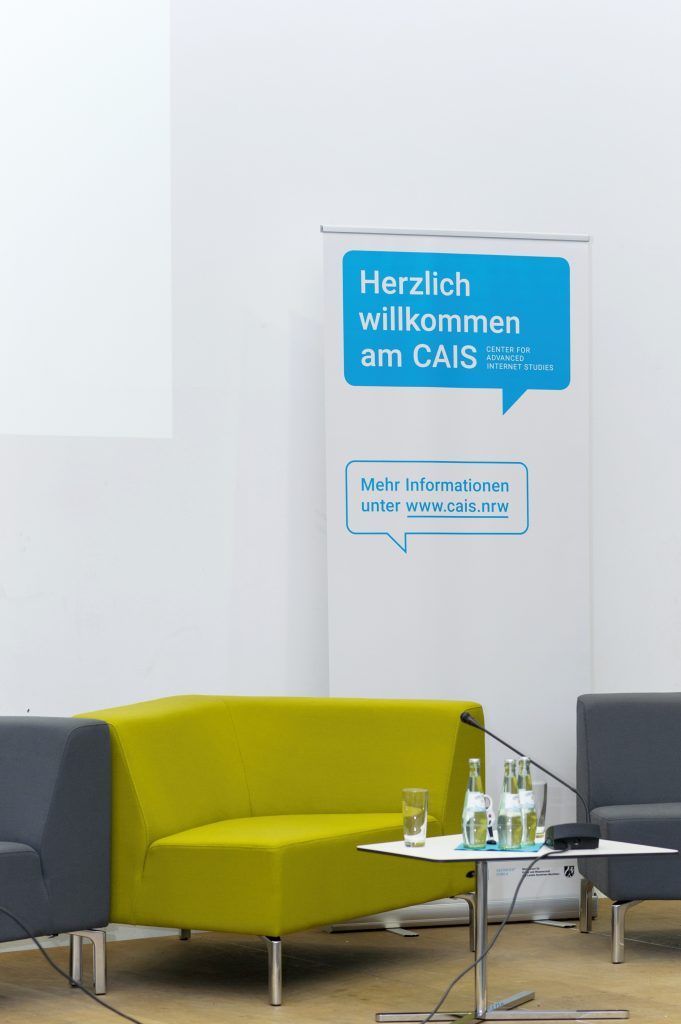
Project evaluation
In addition to the scientific work on the topic of sustainability, the Digital Library Project was scientifically monitored and evaluated throughout the entire pilot phase (2017 to 2018). The time at CAIS served this evaluation in particular, with the aim of gaining insights into the benefits of the Digital Library Project (i.e. installation of the technology, its integration into the classroom as well as the teaching of computer skills) and identifying potential for improvement for a future expansion of the project. Data collection took place at various points throughout the project. Qualitative and quantitative survey instruments were used. The focus was on the retrospective teacher and pupil questionnaire surveys conducted in June 2018. The data collected was supported by a guided focus group with the school management and digital library experts from all pilot schools, by analyses of usage data and by standardised logbooks filled in by the teachers on a weekly basis.
The accompanying studies of the DLMP, which we prepared within the context of CAIS Fellowships, clearly show where the project already meets the needs of the schools very well and where it can still be improved. The responses show, among other things, that the demand among students to use the digital library outside of class is very high. At the same time, however, there have been some organisational problems, which is why the use of the digital library outside of class requires a clear timetable. In some cases, there are still not enough terminals for the large number of pupils. Nevertheless, the DLMP is on a very good path: the evaluation has shown the benefits of the project and the enthusiasm of those involved on the ground. The digital libraries are used intensively at the schools and the demand for further expansion is high. Thus, the pilot project can be classified as clearly successful.
